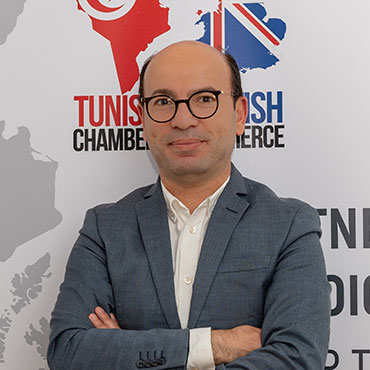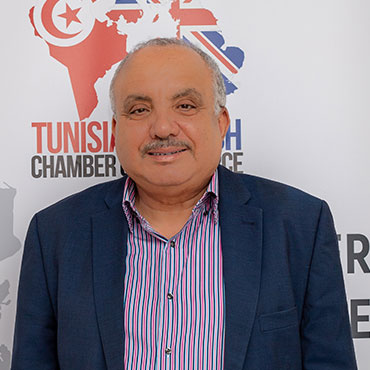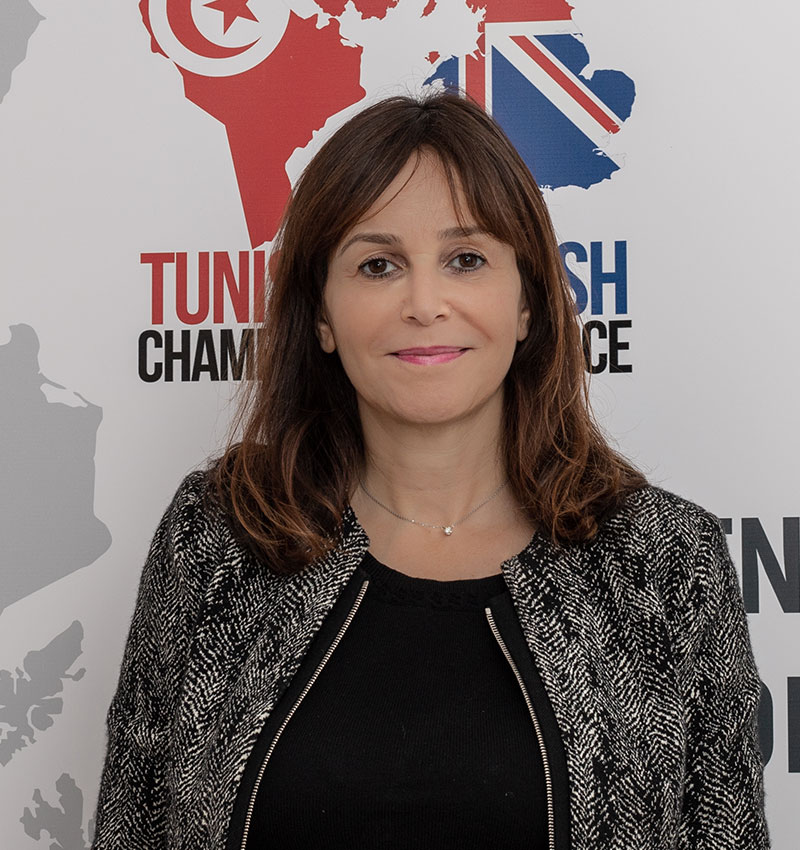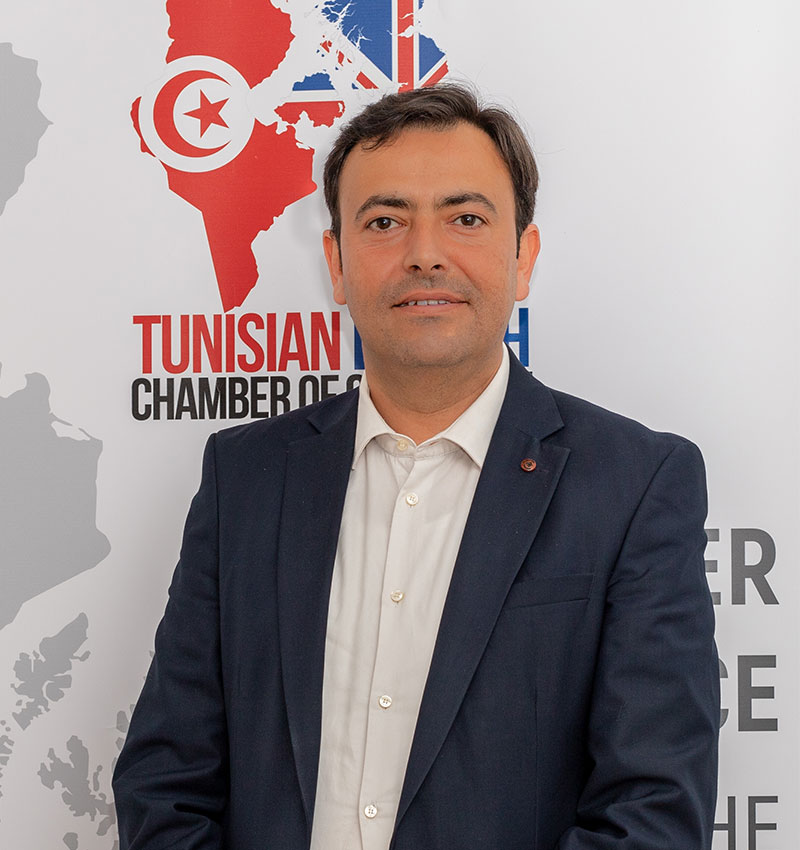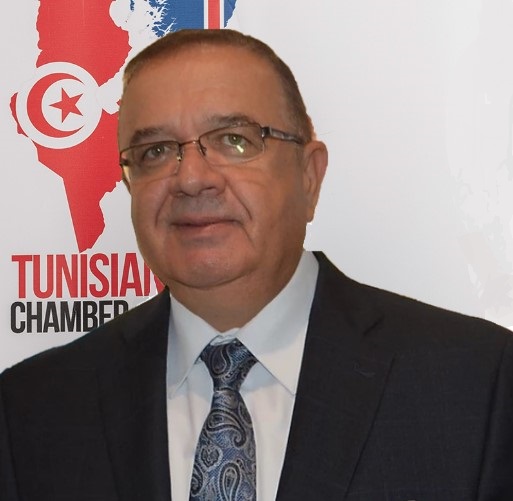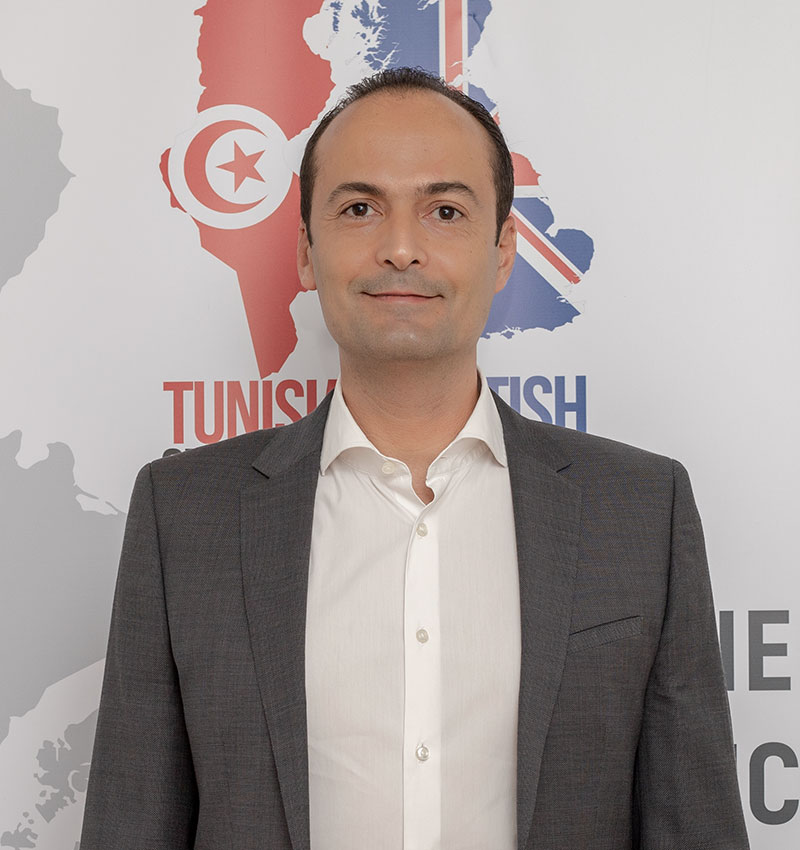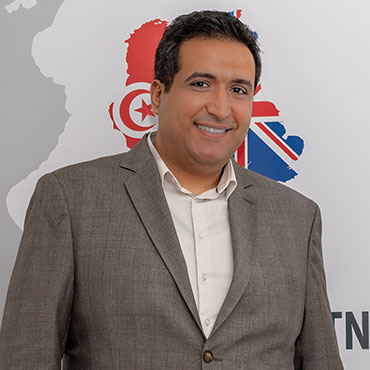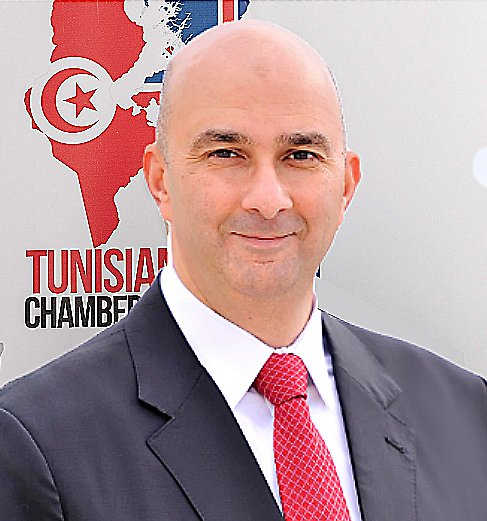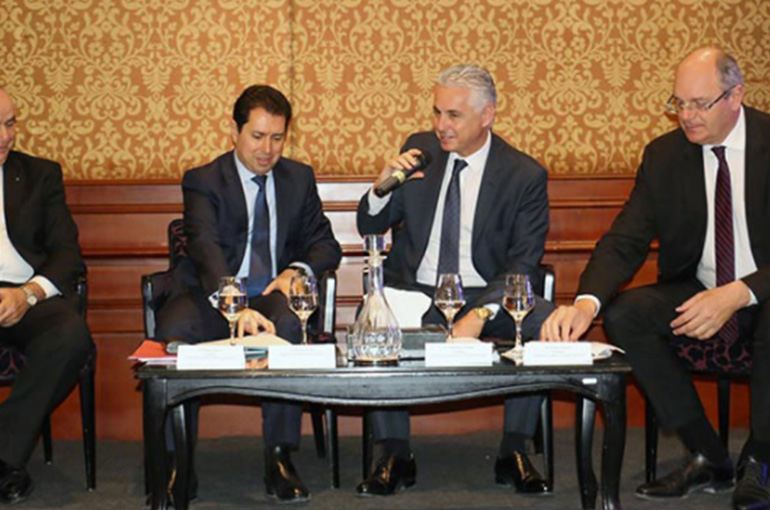
The Tunisian British Chamber of Commerce organised, with the collaboration of the Bilateral Chambers, members of the Council of the Joint Chambers (CCM), on Monday 29 January in Tunis a breakfast debate on “The Industry Strategy, Opportunities and Challenges”.
The event is part of the CCM activities, and it was honored by the presence of HE Slim Feriani, Minister of Industry and SMEs, representatives of the foreign embassies in Tunisia, the public and private sectors, as well as representatives of joint chambers of commerce in Tunisia.
Mr. Foued Lakhoua, President of the Tunisian French Chamber of Commerce and of the CMM, opened the debate by highlighting the importance of supporting investors and industrialists, especially SMEs, who are facing a difficult economic situation, and it was time to make the necessary reforms to improve the investment climate.
Taking the floor, Mr. Mehdi Ben Abdallah, President of the Tunisian-British Chamber of Commerce, said that Tunisia has undeniable assets to succeed both its democratic transition and its economic transformation, but that the country needed courage and abnegation. He emphasized in particular the importance of supporting the energy and dynamism of the new generations that enable us to see the emergence of a motivating and innovative entrepreneurship. In this context he offered his speaking time to two groups of young students from the TBS school, the first one was the winner of the Hult Prize competition of its university and will go to Boston in March to represent Tunisia in the regional semi-finals The second group won the 11th Injaz regional competition and won the prize for “Best Young Enterprise of the Year in the Middle East and North Africa”.
At this meeting, HE Slim Feriani, Minister of Industry and SMEs, said that the private sector and mainly SMEs play an important role in the country’s economy and that the government plays the role of regulator and facilitator. He reminded that today manufacturing industries account for 90% of our exports, the other 10% are represented by hydrocarbons and other sectors. The textile sector remains at the top 3 of exports.
In addition, with regard to the industry strategy, Minister Feriani stressed the importance of enhancing work, preserving the existing work and reinforcing the programs that have already been developed. Among the priorities, the improvement of the business climate; he pointed out that 2000 European SMEs operate in the industry sector in Tunisia, which shows the soundness of the business environment, but that progress should be made in simplifying administrative procedures, supporting the promotion of technoparks, and strengthen cooperation programs implementation, particularly with GIZ, USAID, AFD, the African Bank, and others, as well as promote entrepreneurship especially among young people. The Minister also indicated that 5 priority sectors are included in the industry strategy; agribusiness, textiles, automotive and aerospace, pharmaceutical industry and 4.0 industry.
Following the intervention of the Minister, Mr. Ibrahim Debbeche, President of the Tunisian German Chamber of Commerce (AHK) moderated the debate which allowed to address several topics of interest such as the Start Up Act, technoparks, data protection, the free trade agreement, competitiveness, as well as the SMEs and entrepreneurship support.
In the context of the Start Up Act and the support of SMEs, Mr. Slim Feriani said that we should ancourage alternative finance, since the capital investment market is small. He added that the Ministry is working on a draft of Crowdfunding law, and a financing program for the restructuring of SMEs worth 100 Million dinars over 3 years, and 150 Million dinars for year after is being developed.
The opportunities that the Brexit could offer have also been discussed. The Minister said that there are several sectors on which we can position ourselves and that a joint commission with the United Kingdom has been created to explore and facilitate trade opp.ortunities. A promotional fund for packed olive oil worth multi-million dinars has been set up under the supervision of the Ministry of Industry to encourage the export of this product





















